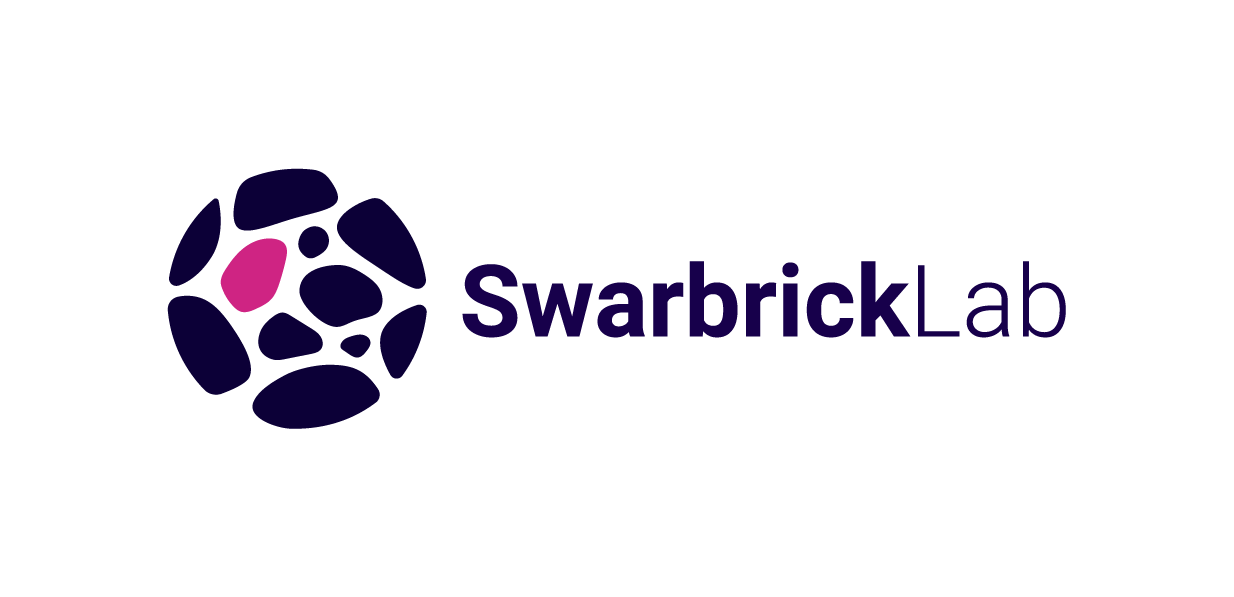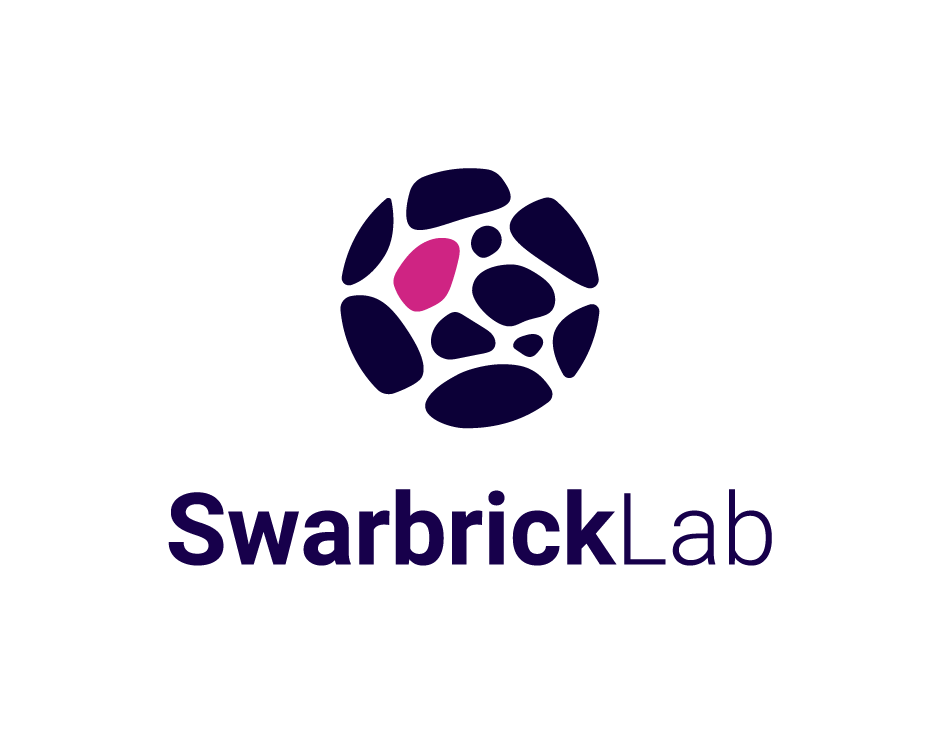The Breast Cancer Atlas Consortium
As leaders in the application of multi-omics to oncology, we are taking the closest
look yet at breast cancer, to identify better ways to treat it.
The “Breast Cancer Cell Atlas” project is detailing the intricate breast cancer environment, including stromal and immune activity. Our approach is rooted in multi-modal molecular profiling of clinical samples at the single cell level and with spatially resolved technologies. Cellular and molecular level resolution is offering invaluable insights to guide the development of better treatments.
The Breast Cancer Atlas Consortium is an initiative led by the Garvan Institute in collaboration with partners nationally and internationally. It combines unique breast cancer patient sample cohorts with the leading expertise and technologies to generate the largest and most detailed single-cell and multi-omic dataset ever to describe breast cancers and the ecosystem around them.
Deep characterisation of the breast cancer ecosystem
The multi-omic Breast Cancer Cell Atlas is being built using a large and unique set of breast cancer tissue samples, including:
more than 300 primary lesions
more than 150 metastases
longitudinally sampled lesions before and after various treatments
multiple metastatic sites from the same individuals
The project has completed single-cell transcriptomics on >200 primary breast tumours of various subtypes and profiled more than 1.5 million individual cells.
We are now cataloguing and integrating additional layers of information for each patient, including tumour genomics, bulk whole transcriptomics, spatially-resolved transcriptomic and proteomic data – the most comprehensive view of breast cancer yet.
We have extensive clinical and follow-up information for each patient, which will enable identification of molecular associations with clinical outcomes and drug response.
We use our large collection of patient-derived xenograft mouse models and organoids to experimentally test the functional implications of the multi-omic findings.
The project complements the Human Cell Atlas project, a global initiative aiming to map every single cell in the healthy human body, which could have a significant impact on our understanding of disease.
The technologies
The Breast Cancer Atlas Consortium utilises:
Single cell transcriptomics (including CITE-Seq and VDJ sequencing)
Spatial transcriptomics
Proteomics
Whole genome sequencing
Whole transcriptome sequencing
Tumour derived organoids
PDX models
Clinical data
IHC
Matrisomes (extracellular matrix)
SNP profiling
Bioinformatics
Breast Cancer Atlas Consortium bioinformaticians are at the forefront of latest single-cell, spatial and multi-omic analysis methodologies. They are pioneering the development of new informatic tools in the cellular genomics of oncology including:
snPATHO-seq (right)
Patient samples
The Breast Cancer Cell Atlas is built upon the kind contributions of patients who donate tissue samples for research, and the surgeons who partner with us.
The team of clinicians and scientists led by Professor Alex Swarbrick, Professor Elgene Lim, Professor Sandra O’Toole and Dr Mun Hui has collected samples from more than 500 breast cancers and metastatic lesions. The samples have been treated and stored with a view to detailed, muti-faceted analysis. Combining the Consortium’s multi-omic analyses with years of clinical data collected for each patient will provide unprecedented insight into breast cancer biology.
Our cohorts include:
All major breast cancer subtypes (luminal A, luminal B, HER2-positive, and triple-negative)
Untreated primary breast cancers
Neo-adjuvant chemotherapy treated samples
Patients with longitudinal sampling throughout treatment and recurrence
Metastatic breast cancers
Cohorts in which multiple metastatic sites are sampled from each individual
Matched patient-derived xenograft models for numerous samples
Impact so far
The publication of the first ~10% of cases in our breast cancer sample cohort reported new classes of stromal cells in breast cancer and a new cellular classifier of intrinsic subtype. The dataset has become a global reference for the field with more than 8,000 unique data downloads across 14 countries (Broad SingleCell Portal).
Funding
The Breast Cancer Cell Atlas project has been supported by:
National Breast Cancer Foundation Project Grants
US Department of Defence Project Grants
Cancer Council NSW Project Grants
NHMRC Fellowships and Investigator Grants




